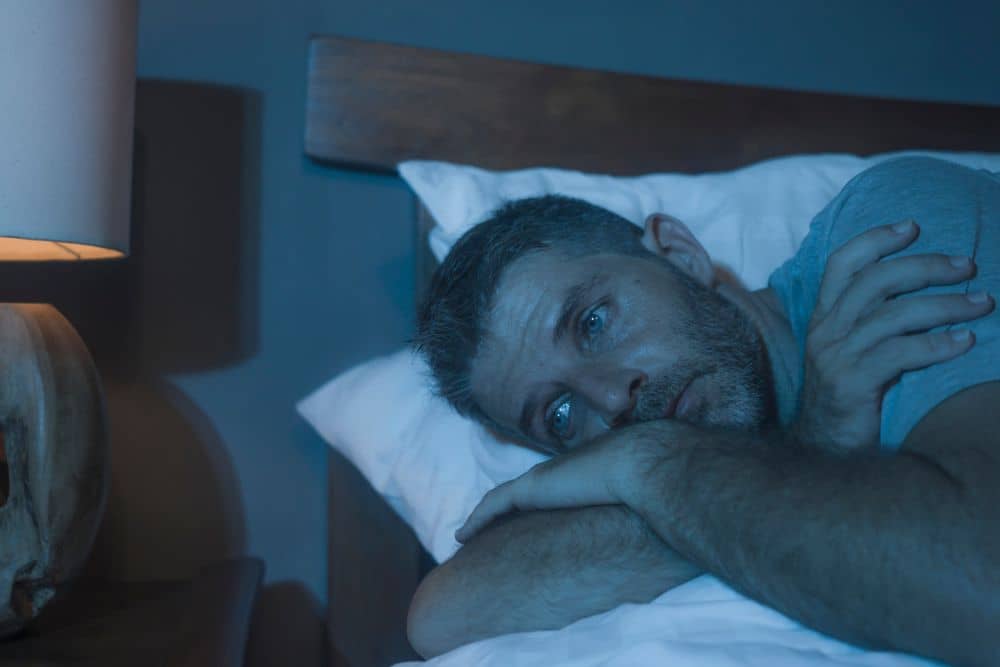The Connection Between Loneliness and Mental Health

With the rise of social media and technology, our world has become more connected than ever. We can communicate with anyone at any time, yet loneliness continues to be a prevalent issue in society. The correlation between loneliness and mental health is a complex one, with various factors contributing to its effects on an individual’s well-being. Loneliness isn’t just about being physically alone. It’s a state of mind where one feels disconnected, misunderstood, or lacking meaningful connections with others.
How Does Loneliness Affect Mental Health?
Research has consistently highlighted the profound impact of loneliness on mental health, underscoring its detrimental effects on psychological well-being. Studies have revealed that loneliness can cause a host of mental health challenges, including depression, anxiety, and low self-esteem. When individuals experience feelings of isolation and disconnection from others, it can induce a persistent state of stress within the body.
This chronic stress not only alters brain chemistry, influencing mood and behavior but also compromises immune function, leaving individuals vulnerable to physical health complications. Loneliness and mental health are linked, so it’s crucial to prioritize social connections and supportive relationships for overall well-being.
The Psychological Mechanisms Behind Loneliness
The relationship between loneliness and mental health is multifaceted, impacting various psychological aspects such as thoughts, emotions, and behaviors. One significant mechanism is the negative cognitive bias frequently associated with loneliness.
Typically, those experiencing loneliness interpret social situations through a pessimistic lens, perceiving ambiguous interactions as rejection or disinterest. This cognitive distortion further amplifies feelings of isolation, perpetuating a cycle of loneliness.
Strategies for Combating Loneliness
Combating loneliness requires proactive efforts to nurture meaningful relationships and strengthen social connections. In an era where digital communication often replaces face-to-face interactions, it’s crucial to prioritize genuine, meaningful connections. Building a network of supportive relationships can serve as a protective barrier against the negative impacts of loneliness on mental health. The following strategies can help combat loneliness and promote better mental well-being.
Prioritize Quality Over Quantity
Focus on cultivating a few close relationships rather than spreading yourself thin across numerous acquaintances. Invest time and effort in nurturing genuine connections built on trust, empathy, and mutual support. If you’re feeling lonely, reaching out to trusted friends or family members can help alleviate feelings of isolation.
Practice Active Listening
Truly listening to others fosters understanding and strengthens interpersonal bonds. Practice active listening by giving your full attention, maintaining eye contact, and validating the speaker’s emotions. This helps build deeper connections and allows you to feel more connected and understood.
Utilize Technology Mindfully
While technology can be a valuable tool for staying connected, it’s essential to use it mindfully. Constantly scrolling through social media feeds or comparing ourselves to others’ highlight reels can exacerbate loneliness and feelings of inadequacy. Instead, set boundaries and use technology to foster genuine connections with others. Having face-to-face conversations is often more fulfilling and can help alleviate feelings of loneliness. If you are unable to meet in person, consider scheduling regular video calls with loved ones or telehealth appointments with a professional.
Seek Professional Support
If feelings of loneliness are significantly impacting your mental health and daily functioning, don’t hesitate to seek professional help. Therapists can provide valuable support, guidance, and coping strategies to address loneliness and its underlying causes. At Mile High Psychiatry, we offer evidence-based therapies to help individuals recognize the connection between loneliness and mental health and develop strategies to overcome it.
Take the First Step Toward Healing With Mile High Psychiatry
Mile High Psychiatry is committed to guiding you through the shadows of loneliness and into a brighter, more connected future. Our dedicated team understands the profound impact of loneliness and mental health on your well-being, and we’re here to offer support. If you’re struggling to find your way out of loneliness, know that you’re not alone. Together, we can conquer loneliness and unlock the door to a life rich with connections and fulfillment. Request an appointment with Mile High Psychiatry to overcome loneliness and discover the path to mental well-being.


